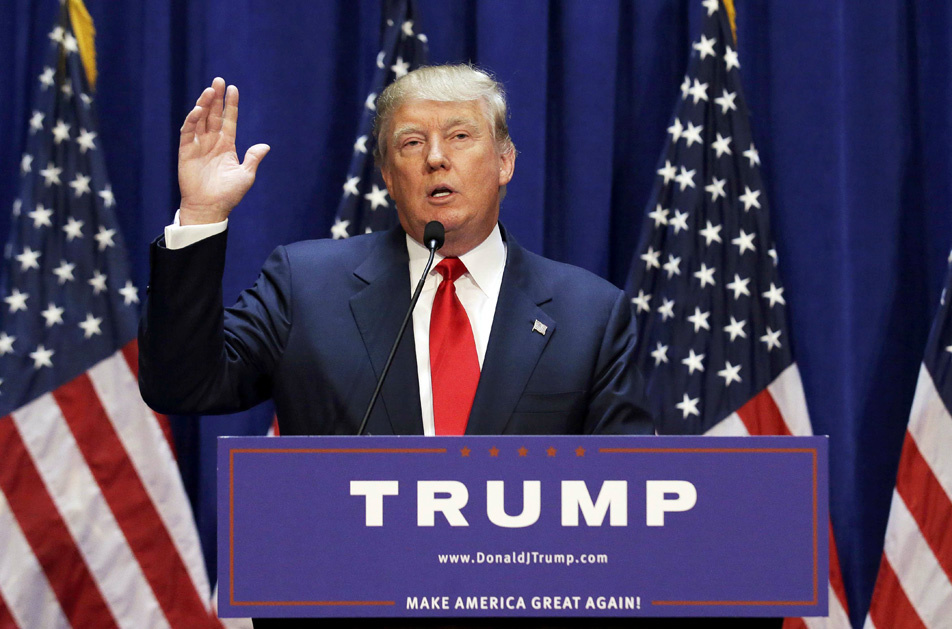“Are you angry?”
<a href=" 12 year old boy approaches his mother with trepidation and hesitance – almost fearful. After all, he did get 229 when he told her he could get a 250. Maybe he should have kept expectations low. 220? 210? 200? But he did get all As. Surely she would be okay with that.
Hoping to get some recognition of his effort-
“You can forget about your Nintendo DS.”
He gets none.
This exchange tugs at the heart strings of ex-PSLE students across the island.
Having faced the traumas of 10-year series (even 20-year series for the fanatic), panicking when we forgot to bring a 2B pencil for OAS shading, and getting back our excellent / horrendous / ok-lah results on Results Day, we have clearly “been-there-done-that”.
We experienced the pressures of every Singaporean child during PSLE season, and wave it off as a coming of age ritual. However, secretly, deep down, we all hoped for change for the next batch of students. For tiny pinholes to penetrate the air-tight Singapore education system, to allow students some relief from suffocation.
Earlier this year, the Ministry of Education finally recognized the need to shake the system and its cookie-cutter outputs. Announcing a PSLE revamp in 2021, this gave fresh hope to current students. For us past students, it gave us some hope that our future offspring might have greater freedom in exploring their interests instead of their “interests” in Mathematics- or even worse, Advanced Mathematics.
Yet, policy changes must be accompanied by psychological shifts. Unfortunately, much of our societal mindset is still trapped in the past.
You are only successful when you are a doctor, lawyer or engineer. What about Singaporean fashion designers with their labels on NYFW?
You are only successful when you get straight As. What about breaking regional and world records in sports?
You are only successful when you get a scholarship? What about an apprenticeship at the world’s best culinary school?
Much of our Singapore identity is tied to grades, which is manifested early in the young Singaporeans’ life--The PSLE T-Score. Our fascination with grades stems from our fundamental roots as a meritocratic society, where people are rewarded based on merit and hard work. Yet, we have restricted the definition of merit to academic success, and failed to acknowledge the presence of other achievements. Consequently, examinations and any means of testing become the only means for us to prove our worth as a “successful Singaporean”, and failure to excel becomes equivalent to failure in society.
We need to shake Singaporeans out of this distorted mindset.
We need to assure our young ones that there are other routes to success- if you fall through the cracks, take another path and carve your own niche.
We need to cultivate a spirit of excellence and not perfectionism amongst Singaporeans. Do the best you can, instead of comparing yourself to a perceived standard of success.
We need to stop forcing square pegs into round holes. Embrace our children’s unique talents and nurture them.
Yet, there is only so much that the government can do to provide opportunities for diversified education channels and reduce the emphasis on academic scores.
It starts with the everyday Singaporean.
A conscious effort to quell a “ITE? It’s The End” quip or “if you don’t study hard, next time you wash toilet” warning.
A re-think of mercilessly cramming tuition, enrichment, extra-curricular classes into our children’s schedules.
A united celebration when success is achieved in sports, arts and many other facets of society.
Identity is not based on academic grades, and it is up to us to make this a reality for future generations.
<a href=" Image Credit
When Trump received Hillary’s call to concede defeat, it wasn’t just a call to graciously step down from the ring; it was a wake-up call for all of America.
Within minutes of the news release, international news agencies immediately poured out opinions on the shocking news; even acclaimed economists like Paul Krugman took to the pen, contemplating the choice made by his fellow people.
Let’s admit it; America didn't make the wisest decision in history.
Yet, crying over spilt milk isn’t going to help. We have to move on and not wallow in dramatic despair, or mock the Americans for their decision.
It’s time for America to wake up, to think deeper about the roots that led to this election result.
Upon receiving the news, my first reaction was: OMG – Is this for real? Like many others around the world, this was not the result I expected. Yet, a calm-headed senior colleague of mine reminded me that the more pertinent issue lay with the fundamental beliefs of Americans. Even educated, young white Americans who clearly understood the brevity of their choice still went for a representative speaking out clearly against free trade, immigration and diversity.

